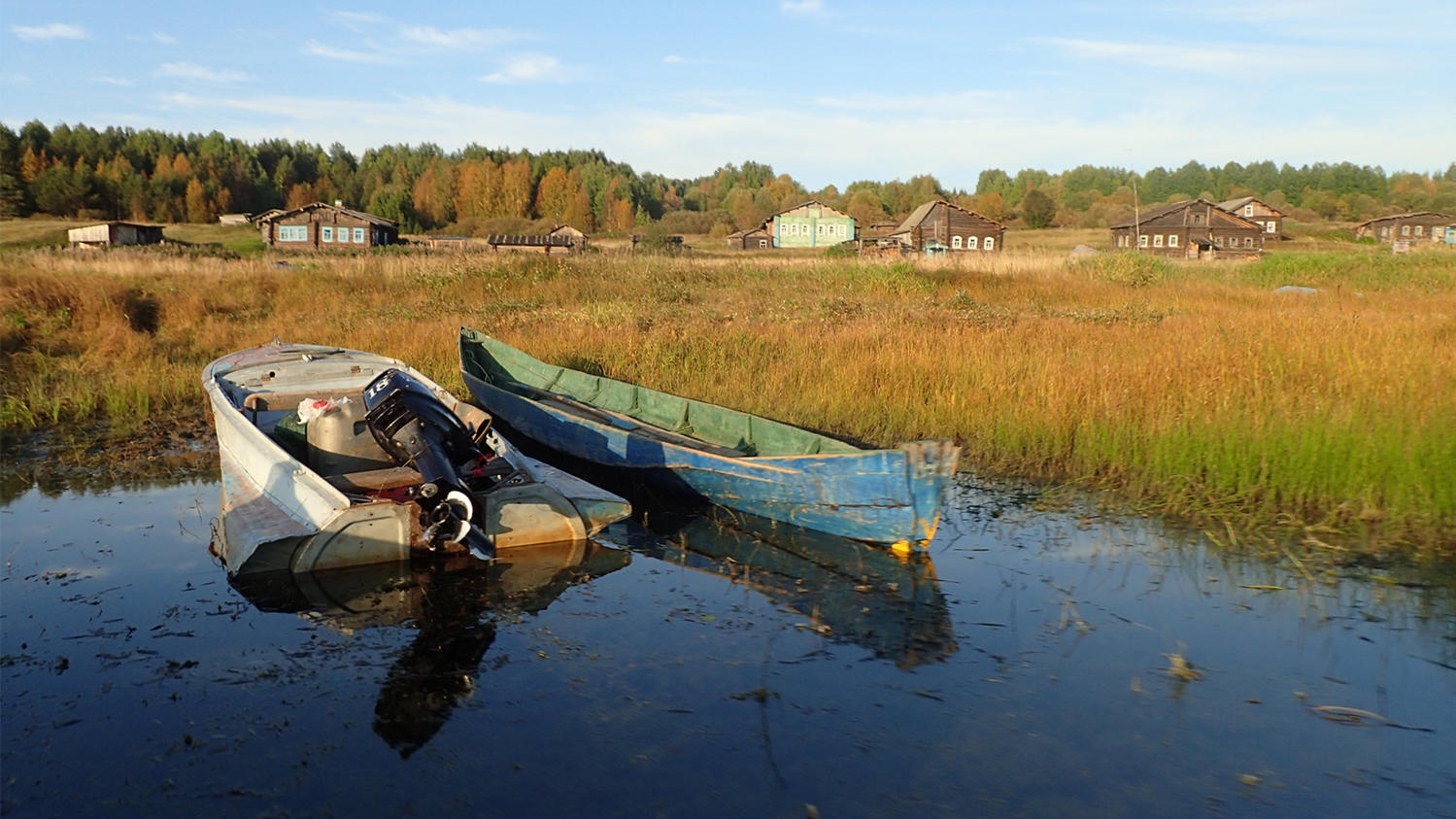Mondi: Assessing the long-term impacts from logging operations on fish population

Mondi is an international packaging and paper group with significant forest management operations in South Africa and Russia. We believe sustainable development is fundamental to our success. Our strategic approach enables us to better respond to risks and opportunities associated with global challenges including climate change, ecosystem degradation, resource scarcity and population growth.
Why a natural capital assessment?
We have conducted an assessment on the Mezen River catchment in Russia, where local people depend on the river and its fish for food, local tourism, and preserving their traditional way of living. Indeed, Atlantic salmon, a commercially valuable species, is a key source of nutrients.
This is important to us because the communities believe that historically large-scale logging operations have significantly affected the water levels and fish population. Extensive clear cutting in previous years was the only substantial industrial activity in the catchment area.
Our aim was to develop constructive dialogue with stakeholders across the landscape and define the most important long-term impacts on fish resources and fresh water ecosystems, identify appropriate mitigation measures and determine metrics to measure success.
What was the Protocol or the Sector Guide used for?
The Protocol and the guide were used to streamline different ongoing natural capital projects in the region and will help systematize the work going forward.
How did you conduct your assessment?
During the assessment, we found that since commercial fishing stopped in the early 1980s, there has been no reliable statistical data on fish population available for the Mezen river. Therefore in 2011, we developed a methodology to track the number of active salmon spawning with local experts and stakeholders.
The main challenge we encountered during the assessment, was the resource intensive nature of collecting robust data on fish populations and making root-cause analysis. Robust data, collected through simple and reliable indicators, is key to persuade local communities to take action and monitor progress.
What were the outcomes of the assessment?
Within the scope of our study, we didn’t find conclusive evidence that logging activities were the direct driver for fish population loss. However, we will continue to narrow down the scope of our assessment to smaller waterways and continue to grow our understanding of direct and indirect impacts.
Initial findings indicated that illegal and non-controlled fishing had a large negative impact on fish populations. Some expert stakeholders suggested that changes in annual fish population is the result of climate fluctuations, for example high or low water levels due to heavy rainfall or drought. The main conclusion we can currently draw is that overfishing and changes in the local climate have stronger effects on the fish population than logging operations.
These results are communicated to the local communities on an ongoing basis alongside guidance on how to restore and sustainably manage fish populations. The communication channels used are the media, a dedicated website, seminars, field trips, children camps and an annual festival.
Next steps
We continue to support the Mezen River project with the goal of improving sustainable management practices for fish resource extraction and restoration. We shifted our impact assessment of logging operations to smaller water courses were potential impacts of forestry operations on water quality and amount are more obvious.

